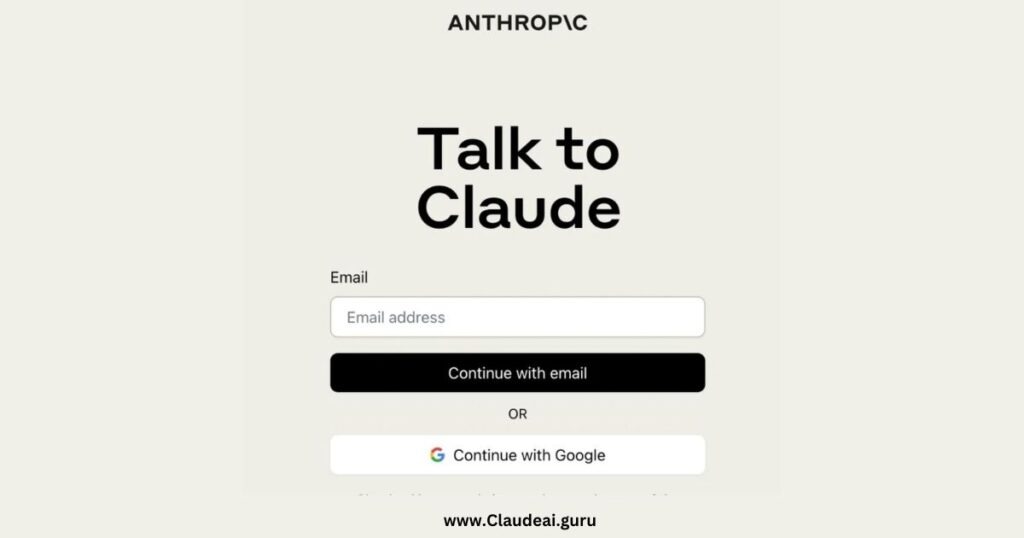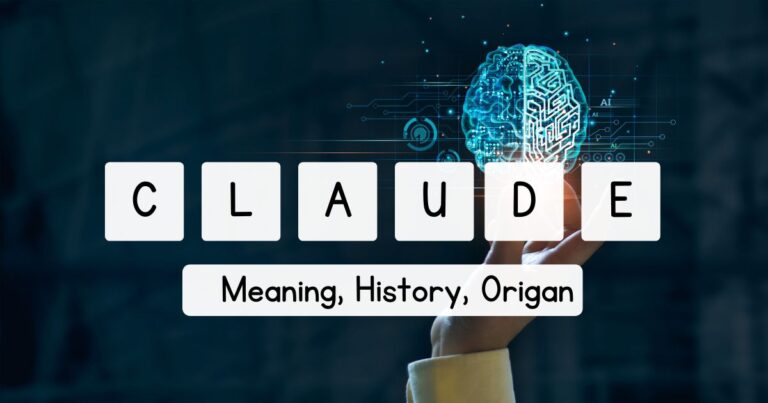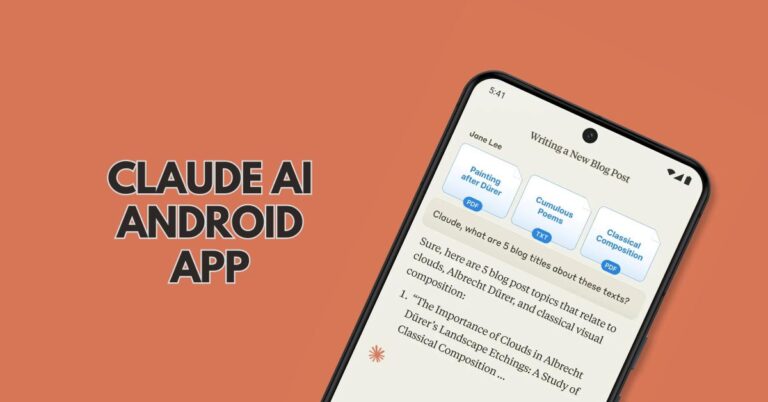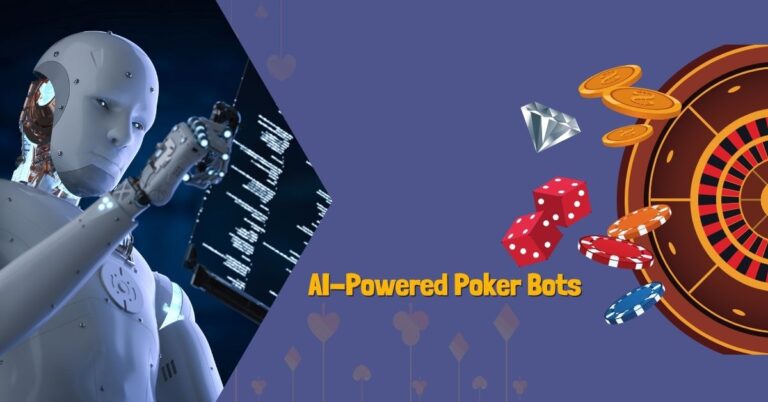How to Talk to Claude: A Guide to Using Claude AI for Different Purposes
Claude is a powerful AI assistant created by Anthropic. This advanced language model can assist with a wide range of tasks, from writing and analysis to coding and math problems. No matter you’re a student, professional, or just someone looking to streamline your workflow, Claude can be an invaluable tool. However, to get the most out of this AI, it’s essential to understand how to communicate with it effectively.
Here we’ll explore various use cases and provide tips on how to talk to Claude for different purposes. You can also explore the Claude prompt library to gain a better understanding of Claude and discover the best ways to communicate with Claude AI.i.

Asking Questions and Getting Answers
One of the primary uses of Claude AI is to ask questions and receive informative answers. When you talk to Claude, it’s essential to be as specific as possible to help Claude understand your query better. Use clear and concise language to avoid ambiguity. If you’re unsatisfied with Claude’s initial response, you can ask for clarification or provide additional context to get a more accurate and helpful answer.
Writing Assistance
- Claude excels at providing writing assistance for various tasks, including:
- Essays and research papers
- Creative writing (stories, scripts, etc.)
- Content creation (articles, blog posts, etc.)
- Editing and proofreading
- To get the best results, provide Claude with clear instructions, including:
- The purpose of the writing task
- The target audience
- Any specific requirements or guidelines
- You can also ask Claude to analyze and provide feedback on your existing writing samples.
Coding and Programming
- Claude can assist with coding and programming tasks across multiple languages.
- When asking for coding help, be sure to:
- Specify the programming language
- Provide any relevant code snippets or examples
- Explain the desired functionality or output
- Claude can help with:
- Writing and debugging code
- Explaining programming concepts
- Suggesting best practices and optimization techniques
Mathematical Assistance
- Claude can be a valuable resource for mathematical tasks, such as:
- Solving equations and word problems
- Explaining mathematical concepts
- Providing step-by-step solutions
- When asking for math help, clearly state the problem or concept you need assistance with.
- You can also ask Claude to check your work or provide alternative solutions.
Research and Analysis
- Claude can assist in research and analysis tasks by:
- Gathering and summarizing information from various sources
- Identifying key points and extracting insights
- Providing objective analysis and recommendations
- To get the best results, provide Claude with clear research objectives and any relevant background information.
General Tips for Talking to Claude
- Be polite and respectful in your interactions with Claude.
- Break down complex tasks into smaller, more manageable steps.
- Provide Claude with as much context and information as possible.
- If Claude seems unsure or provides an unsatisfactory response, rephrase your query or provide additional details.
- Remember that Claude’s knowledge base was last updated in Jun 2024, so its information may not be entirely up-to-date for events after that date.
Examples of How to Talk to Claude for Different Purposes
| Purpose | Example |
|---|---|
| Writing | “I need to write a 1,000 word persuasive essay on sustainable energy for college students. Can you help me outline and draft this?” |
| Coding | “I’m working on cleaning data for a Python analysis script but struggling. Can you look at my code and suggest improvements?” |
| Math | “Can you walk me through solving this quadratic equation step-by-step: 2x^2 + 5x – 3 = 0?” |
| Research | “I need to write a report on the latest AI trends. Can you summarize key developments from reliable sources?” |
Conclusion
Claude is a powerful AI assistant capable of handling a wide range of tasks. By following the tips and guidelines outlined in this article, you can effectively communicate with Claude and leverage its capabilities to streamline your work, enhance your productivity, and achieve better results. Whether you’re a student, professional, or just someone looking to explore the potential of AI, learning how to talk to Claude can be a game-changer.
FAQs
The key is to provide as much context and detail as possible in your prompts. Give clear instructions, explain your goals and requirements, and provide relevant examples or background information. Being specific will allow Claude to better understand your needs and provide more accurate and useful responses.
If Claude’s first response doesn’t fully address your query, don’t worry! You can simply rephrase your prompt, add more context or clarifying details, or ask Claude to expand on certain points. The more feedback you provide, the better Claude can refine and improve its responses.
Absolutely. For involved projects or tasks with multiple components, it’s best to break things down into clear, manageable steps. Provide Claude with one step or subtask at a time, and build off the previous responses as you go. This step-by-step approach can help tackle even the most intricate requests.
Claude brings speed, consistency, and objectivity to writing and research tasks. It can quickly gather information from multiple sources, synthesize key points, provide summaries and analysis, suggest solutions, edit and refine content – all without personal biases getting in the way. This frees up your time and mental energy for strategic, high-level thinking.
While Claude is highly capable, it’s important to remember that its knowledge base is finite and was last updated in May 2024. So for events, news, information after that date, the responses may not be fully current. It’s always a good practice to fact-check important details, especially related to recent events.






